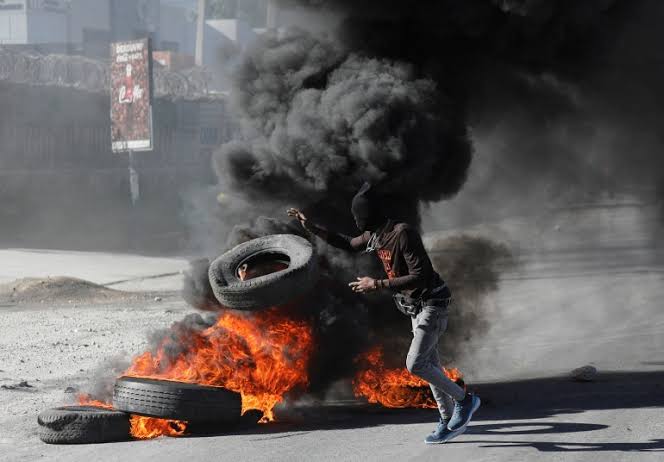
Avellon Williams
PORT-AU-PRINCE, HAITI- Haitians blocked roads and burned tyres during a protest by doctors, nurses, and other healthcare workers over a spike in gang-related kidnappings that has further destabilized the crisis-hit island.
A three-day strike began on Monday and saw the closure of public and private health institutions in Port-au-Prince and beyond, with patients being treated only at emergency rooms.
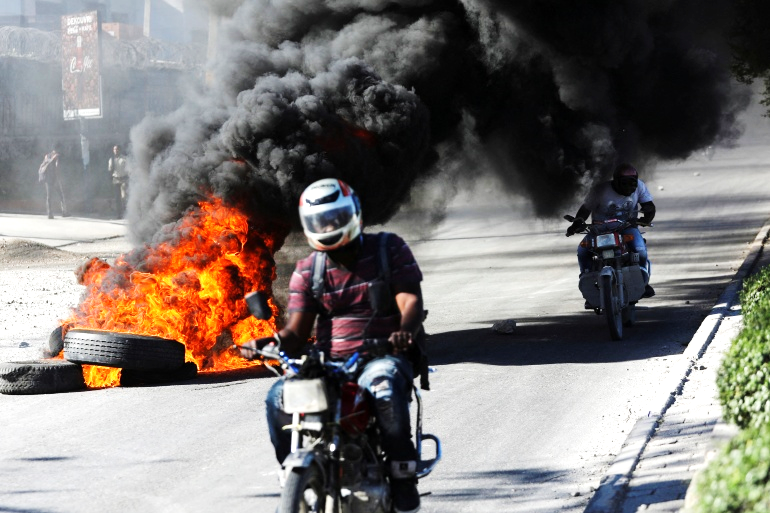
Dr. Louis Gerald Gilles, who closed his practice in the Delmas neighbourhood on Tuesday in protest of the kidnapping of two doctors, said, “We are living in a catastrophic situation where no one has any protection.”
“No professional is protected. Today, it could be a doctor; tomorrow, they could enter the office of a lawyer or an architect.”
UN report (PDF) from mid-February shows that the number of kidnappings for ransom in Haiti has risen 180 percent in the past year, with 655 being reported to the police. It is believed the total is much higher since many kidnappings go unreported.
“No social group was spared; among the victims were labourers, traders, religious leaders, professors, medical doctors, journalists, human rights defenders, and foreign citizens,” the report stated.
In the wake of the kidnappings of two doctors, workers at Port-au-Prince’s General Hospital gathered on Tuesday to express their fears. According to them, conditions have deteriorated since Haitian President Jovenel Moise was assassinated on July 7.
Furthermore, they alleged that Prime Minister Ariel Henry’s administration had failed to release much-needed funds to the Ministry of Health for basic services, noting that they were concerned about the state of security.
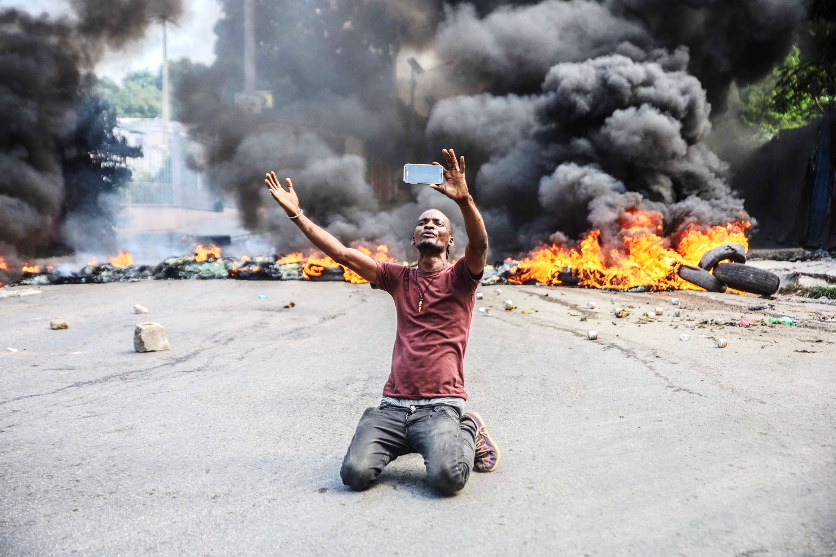
During the strike, 44-year-old hospital janitor Guerline Jean-Louis said, “Anyone can walk into this room, grab anyone and leave with no worries.” “This is why we support the movement.”
The strike also coincided with an increase in Haitians fleeing by land and sea.
140 Haitian asylum seekers landed on Summerland Key, about 32 kilometers (20 miles) from Key West, Florida, on Monday, according to US officials.
A wooden boat carrying 300 Haitians was grounded in shallow water off Key Largo earlier this month. A total of 163 people were rescued by swimming to shore. A number of them required medical attention. In January, the US Coast Guard stopped another boat, carrying 176 Haitians.
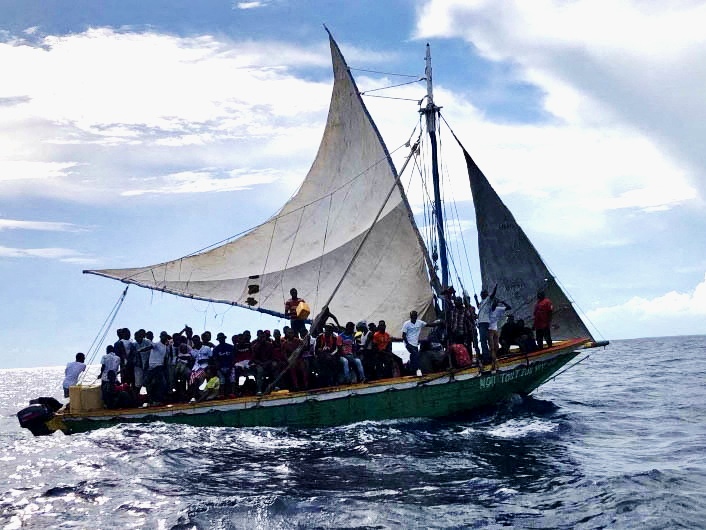
The US Coast Guard has so far rescued 1,193 Haitians this fiscal year, which began on October 1. In contrast, 1,527 Haitians were rescued in the entire fiscal year of 2021; 418 in 2020; and 932 in 2019.
As a result of a controversial US public health directive aimed at curbing the spread of COVID-19, the US has rapidly expelled most Haitian asylum seekers. In September, thousands of people were expelled from Del Rio, Texas, after crossing the US-Mexico border and setting up camp under a bridge.
Some patients in Haiti, including Mario Fleurimon, had no idea about the strike. On Tuesday morning, the 39-year-old primary school teacher entered a medical complex, but there was no one else there except for a lone security guard.
He expressed frustration at not being able to see a doctor for his diabetes, but he supported the strike. “There should be a general rising to fight the insecurity,” he said.
The Haitian medical association has called for the government to push for the doctors’ release without conditions and implement measures to “stop the tide of insecurity that robs us of our fundamental right to live freely.”
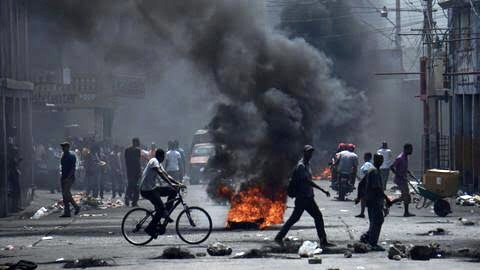
Health professionals are expected to end their strike on Wednesday, while the Association of Owners and Drivers in Haiti is expected to begin its strike on Thursday.
The association is protesting the theft of cars in the Port-au-Prince community of Martissant, a major battleground between warring gangs that has left several civilians kidnapped or dead, including some who were on public transportation.
RELATED:



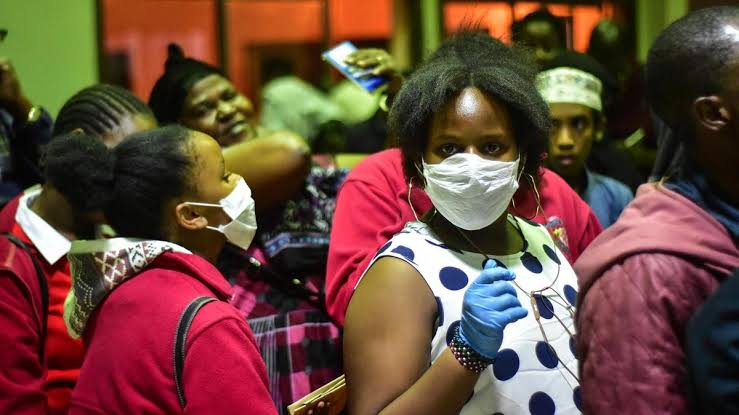

Recent Comments